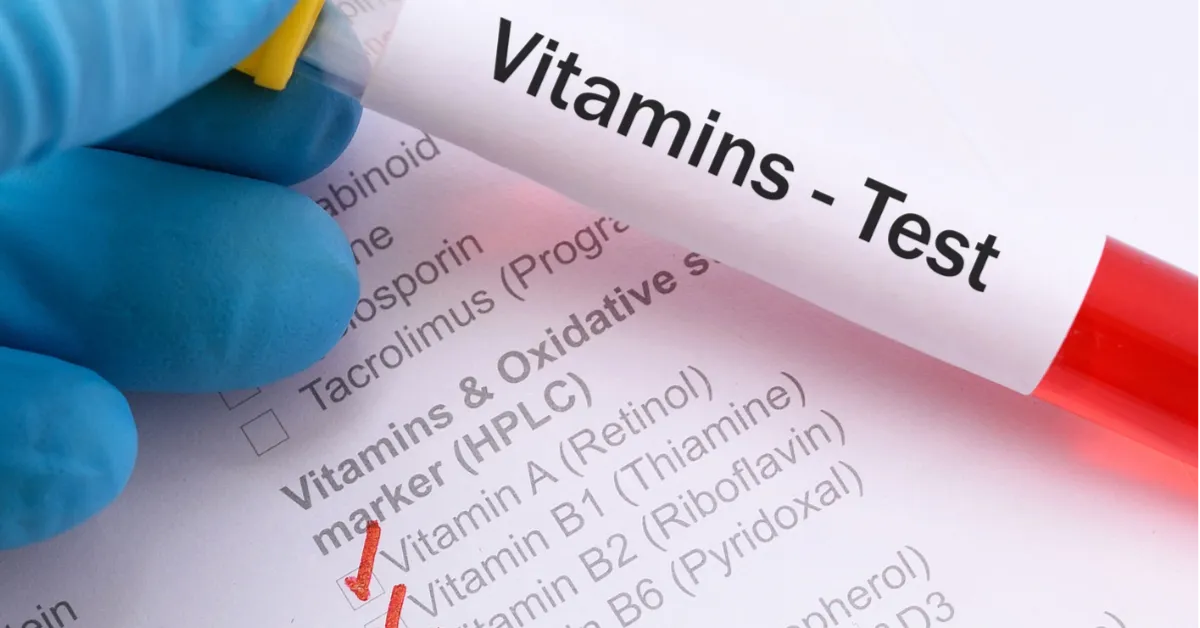AOAC 952.03 Niacin (Vitamin B3) Quantification in Food
The AOAC International Method 952.03 is a widely recognized procedure for quantifying niacin, also known as vitamin B3, in food and feed samples. This method employs high-performance liquid chromatography (HPLC) to separate and quantify the constituent components of foods, providing accurate results that are crucial for regulatory compliance and quality assurance.
Niacin is an essential nutrient involved in various metabolic processes within the human body, including energy production and DNA repair. Its presence at optimal levels ensures proper cellular function and can prevent deficiencies such as pellagra. The accuracy of niacin quantification in food and feed products is vital for maintaining nutritional integrity and ensuring consumer health.
The AOAC 952.03 procedure involves several steps, starting with the preparation of the sample. Typically, this includes extraction of the niacin from the matrix using an appropriate solvent system followed by filtration to remove any particulate matter. The prepared solution is then analyzed via HPLC equipped with a suitable detector (typically UV/Vis), which allows for precise quantification.
The method is designed to detect and quantify niacin in various food matrices, including grains, cereals, legumes, processed meats, and dairy products. It provides results that are traceable to international standards such as ISO 15220-1:2018, ensuring consistency with global regulatory requirements.
The AOAC 952.03 method is particularly useful for quality control in the food industry where maintaining accurate nutritional labeling is paramount. It allows manufacturers to ensure their products meet specified niacin content levels as required by regulations or consumer expectations. Additionally, it supports research and development efforts aimed at improving product formulations based on actual nutrient content.
The precision of this method has been validated through numerous studies demonstrating its reliability across different sample types. Compliance with this standard ensures that the data generated can be trusted for regulatory submissions and internal quality assurance purposes.
For laboratories specializing in food safety testing, having proficiency in AOAC 952.03 is essential due to its widespread use globally. This proficiency enables labs to offer reliable niacin quantification services tailored to specific client needs while ensuring adherence to international standards.
Applied Standards
The AOAC 952.03 method aligns closely with several internationally recognized standards including ISO 15220-1:2018, which provides guidance on the analysis of vitamins in foods. By adhering to these standards, laboratories ensure that their results are comparable and acceptable across different regions.
The use of HPLC technology for niacin quantification is recommended by both AOAC International and ISO/IEC 17025 accreditation bodies as it offers high sensitivity and selectivity necessary for accurate determination. This ensures the reliability of the final results produced using this method.
Industry Applications
- Quality Control: Ensuring consistent niacin levels across production batches.
- Nutritional Labeling Compliance: Meeting regulatory requirements regarding vitamin content disclosure.
- R&D Support: Investigating new formulations to enhance nutritional profiles.
- Supply Chain Management: Verifying supplier compliance with agreed-upon specifications.
- Consumer Health Monitoring: Providing data for public health initiatives related to niacin intake.
Eurolab Advantages
At Eurolab, our expertise in AOAC 952.03 testing sets us apart from other laboratories. With years of experience and state-of-the-art equipment, we ensure that every sample processed meets the highest standards of accuracy and precision.
We employ highly trained analysts who are familiar with all aspects of the AOAC procedure, ensuring consistent results across multiple samples. Our commitment to quality is further demonstrated by our ISO/IEC 17025 accreditation, which guarantees unbiased testing practices compliant with international norms.
Our clients benefit from our comprehensive suite of services that extend beyond simple niacin quantification. We offer detailed reports complete with methodological insights and recommendations for improvement where necessary. This additional value adds significant depth to the service provided, making us a preferred choice among industry leaders.





